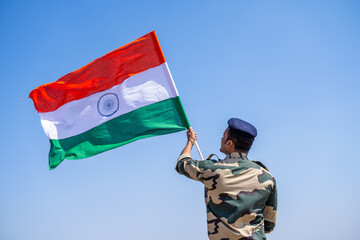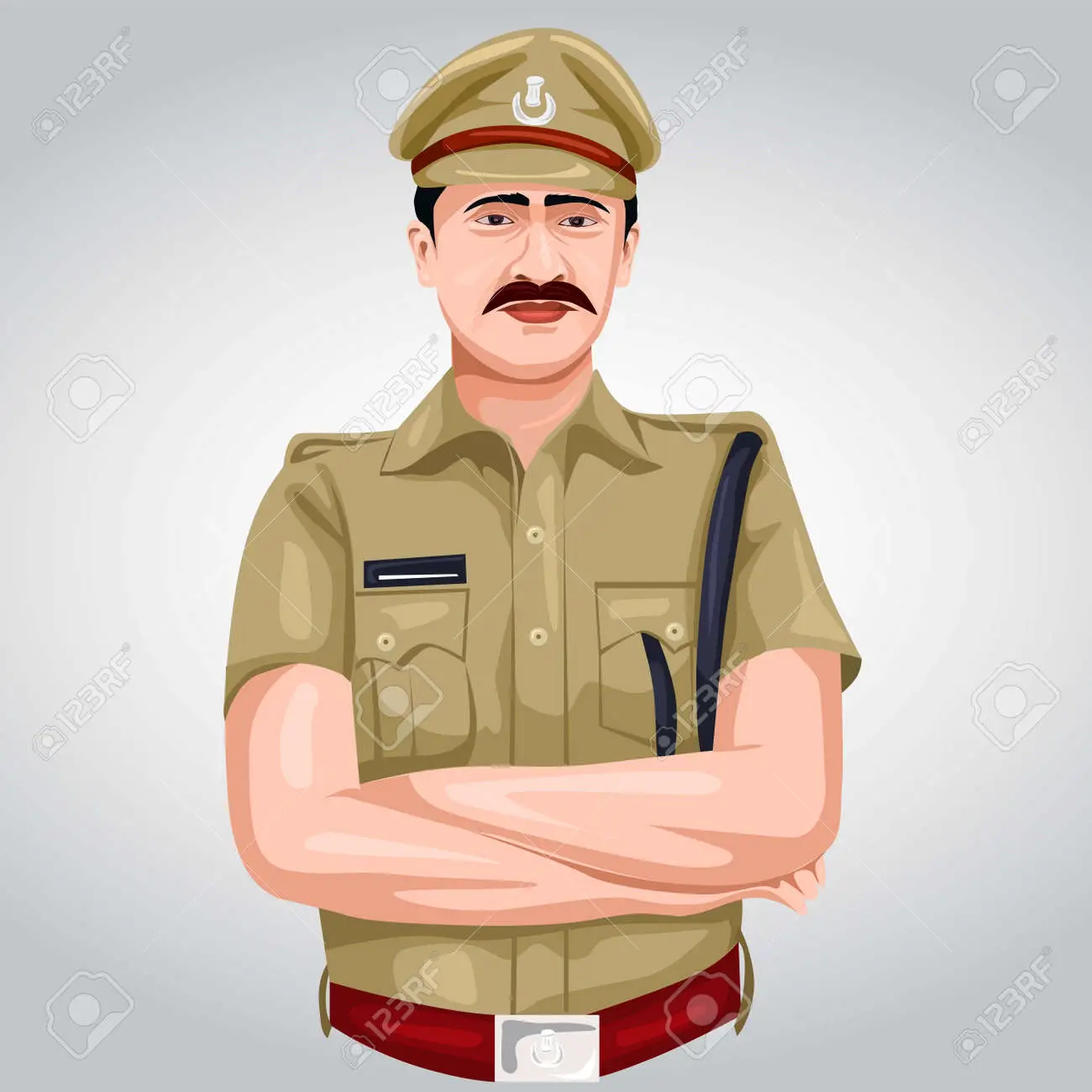Mon-Sat 9am-7pm



People who are passionate about serving the nation and wish to contribute towards maintaining national peace can opt for a career in the Indian Army. The main objective of the Indian army is to maintain national peace and security by defending the country from external threats and attacks. It has seven commands: Eastern, Wester, Northern, Central, Southern, South-Western, Training command. It holds a GFP rank of 4 and is thus, one of the largest armed forces of the world. The Indian Army has more than 1.2 million active personnel. It is empowered with latest armament which includes tanks, self-propelled guns, armored fighting vehicles, artillery, and multiple rocket launch systems. The zeal, enthusiasm, and desire to serve the nation can be fulfilled by joining Indian army.

Officers' job duties are based on their occupational grouping. Officers select or are assigned to one of three elements: combat, combat support or combat service support. Each of these elements have ''branches'', such as infantry, artillery, ordnance, quartermaster and so on. Army officers working in a combat specialty supervise and run combat units and military activities. Officers are rotationally assigned to line and staff assignments during their careers.
Officers are also rotationally assigned to short- and long-term duty assignments within the U.S. and in foreign countries. When necessary, foreign billets include war zones. Such assignments vary between one to three-plus years. Some temporary duty postings do not allow the officer to be accompanied by his or her family.
Army officers need at least a bachelor's degree, and a graduate degree is common for career officers. Pay depends on job duties, and no job growth is expected in the armed forces through 2028. Individuals planning to pursue a military career can gain experience by enrolling in JROTC programs in high school.
![]() How to Pursue a Career in the Indian Army
How to Pursue a Career in the Indian Army
|
Stream |
Graduation |
After Graduation |
After Post Graduation |
|
|
Path 1 |
Clear Class XIIth from a well recognized board |
Pass the National Defense Academy (NDA)in any stream |
- |
- |
|
Path 2 |
Clear Class XII in any field |
Graduation in Any Discipline (Open to pre-final year students if they have the required Certificate) |
Pass the CDS Exam |
- |
|
Path 3 |
Clear Class XII in any field, and be part of your NCC Society in school fr NCC entry |
Graduation in Any Discipline (Open to pre-final year students if they have the required Certificate), also be a part of your NCC society and hold ???C??? certitificate |
Pass the CDS Exam Note: Eligible to join through NCC Special Scheme Entry provided you have "C" Certificate |
- |
|
Path 4 |
Clear Class XII in Science Stream (Mathematics and Physics) |
Pursue Graduation in B.Tech/B.E / B.Tech (pre-final year) |
Give the Technical graduate commission Exam to get enrolled in Indian Army Give the University entry scheme Exam to get enrolled in Indian Army if in Pre-final year of B.Tech/B.E |
- |
|
Path 5 |
Clear Class XII in Science Stream (Mathematics and Physics) |
Pursue Graduation in L.L.B for 5-6 years |
Give exam for JAG (Lawyer) to get enrolled in Indian Army |
- |
|
Path 6 |
Clear Class XII in Science Stream (Biology mandatory) |
Complete you MBBS |
Apply for Army Medical Corps - Short Service Commission |
- |
![]() Important Facts
Important Facts
![]() Career Opportunities in the Indian Army
Career Opportunities in the Indian Army
Starting salaries for graduate officers range between £25,000 and £28,500, increasing gradually between the start of service and the completion of basic officer training.
Experienced officers can earn between £48,000 and £100,000. Some specialist technical officers, such as bomb disposal experts, will also receive additional allowances.
:
You need to possess officer-like qualities (popularly known as OLQs) in order to become an officer. These qualities are effective intelligence, reasoning ability, organizing ability, power of expression, social adaptability, cooperation, sense of responsibility, initiative, speed of decision, group influencing ability, self-confidence, liveliness, determination, courage, and stamina.
Call us at +91 9205084085, Monday - Friday, 9 am - 7 pm


